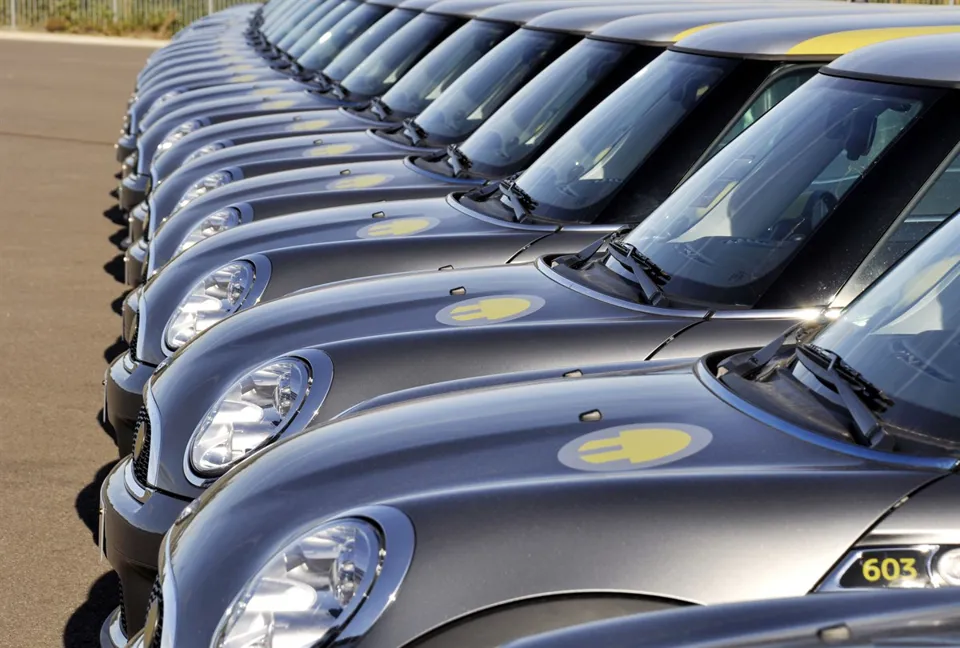Most charged at home, with 82% using their wall-mounted charging box 90% of the time. The lack of a comprehensive public charging infrastructure in the UK was noted, with four out of five participants (82%) saying they thought that it was "essential" that a network of charging points was established. However, almost three quarters (72%) said they were able to use their car perfectly adequately right now as they had access to private charging.
Asked about their driving experience, the trial participants were full of praise. Every single one enjoyed the quietness, with one user quoted as saying "I like the silence, it's very futuristic and it causes a reaction when people notice you pull away without making a sound”.
Driving efficiently to extend the range was seen as part of the enjoyment rather than a chore. Understanding that use of the regenerative braking could increase the range by approximately 15%, three quarters of the users (74%) agreed with the statement that it was "a game for me to use the regenerative braking in a way that enables me to reach my destination without draining the battery".
Asked by the Oxford Brookes University researchers for suggestions to deal with the potential danger from the low noise at low speeds, over half (56%) said that instead of an artificial noise, the driver should pay more attention. However just over a quarter (28%) said they'd like to have a warning noise below 12.5mph.
Almost all participants (96%) said they'd consider buying an electric car as a result of taking part and half (51%) revealed they would pay a third more for an EV. A third (30%) said they'd consider taking the plunge within a year, while 55% said they'd hold fire for two or more years.
The trial found that one week was all that was needed for customers to adapt to the characteristics and peculiarities of driving an EV, such as charging, range, regenerative braking and low noise. However those company car drivers invited to use the Mini E as a pool car on a less frequent basis needed increased training and support during the initial period of vehicle use in order to consolidate their learning.
Fleet use was a big part of the trial with organisations in the UK and in Europe reporting positive feedback from both individual drivers and also fleet managers monitoring the Mini E's use as a pool car. Those users who swapped out of their regular car reported that the Mini E was fine for 70% of journeys made during the working day, while the pool car success rate was even better with between 80-90% of regular trips achievable.
The speed of charging was an important consideration for fleet users, while managers also flagged up the need for a clear procedure for the efficient charging of pool vehicles. Companies that participated included Scottish and Southern Energy, Oxfordshire County Council, and Oxford City Council.
The Mini E trial was one of eight UK projects supported by the £25m Ultra Low Carbon Vehicle Demonstrator Programme, funded by the Technology Strategy Board and Department for Transport. These are aimed at bringing forward the introduction of viable electric passenger vehicles to the UK.
Suzanne Gray, general manager of BMW i, said: "The feedback from the trial has been invaluable in helping our understanding of how people really respond to electric cars and other factors necessary to support electric car drivers. With this information we will be in a strong position to provide a well-rounded product and service proposition to customers of the BMW i3 and to work with other players in the electric vehicle market to make it a successful experience for a new generation of users."

















Login to comment
Comments
No comments have been made yet.